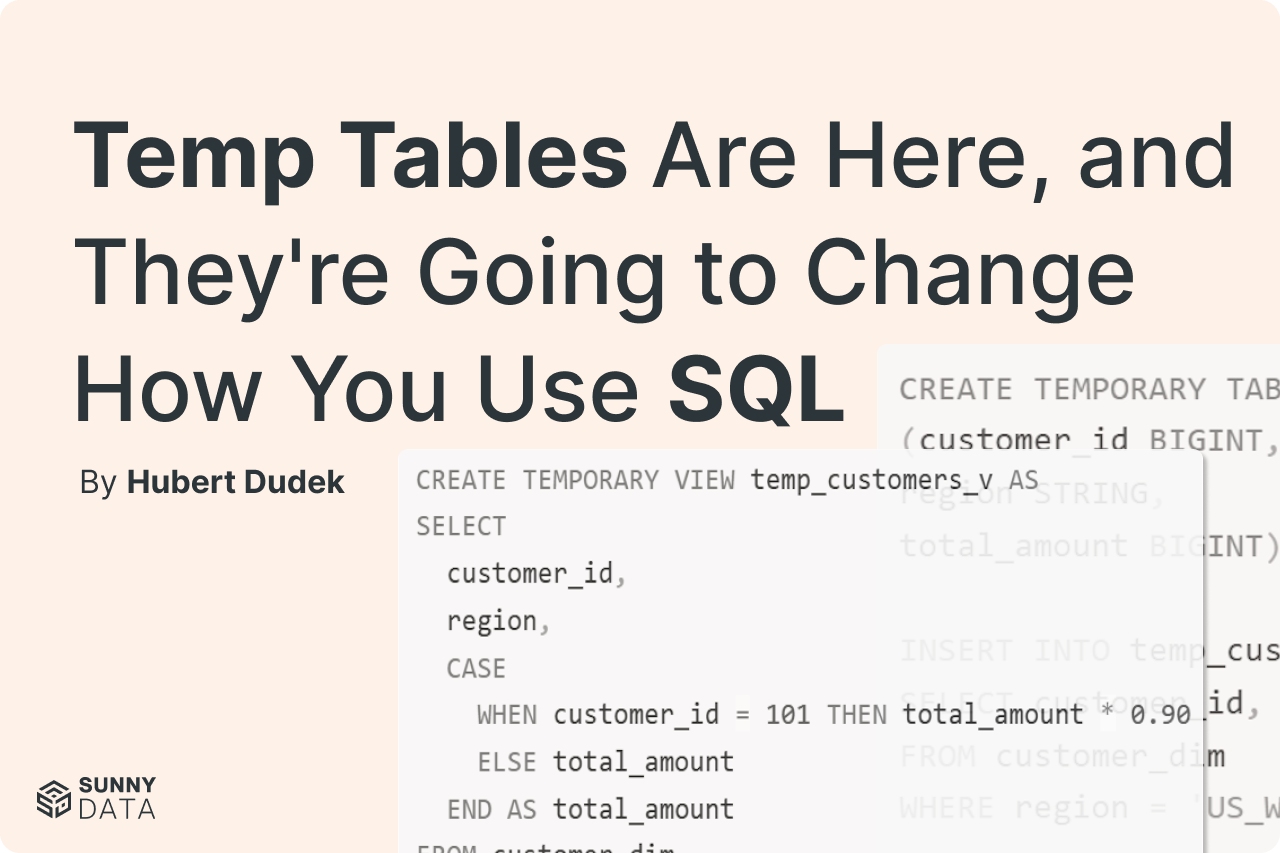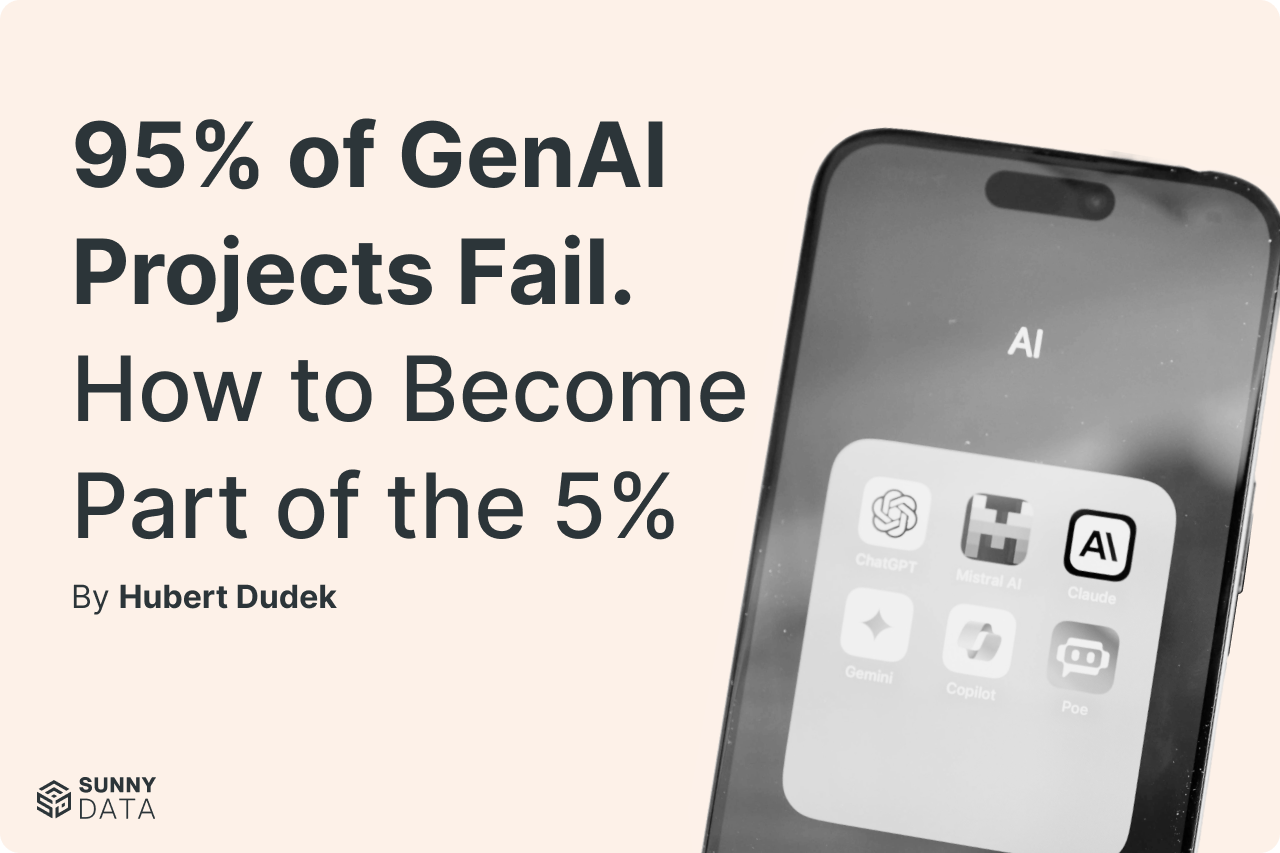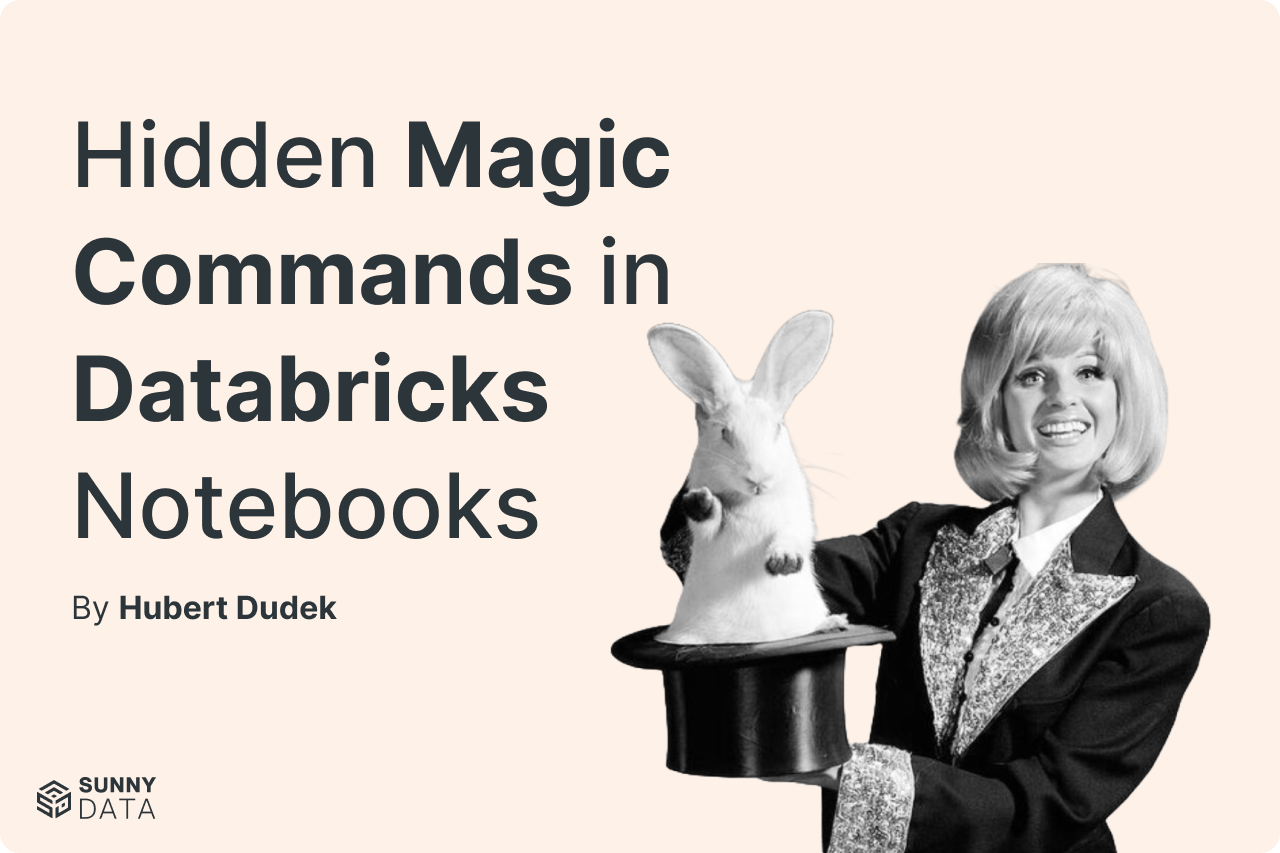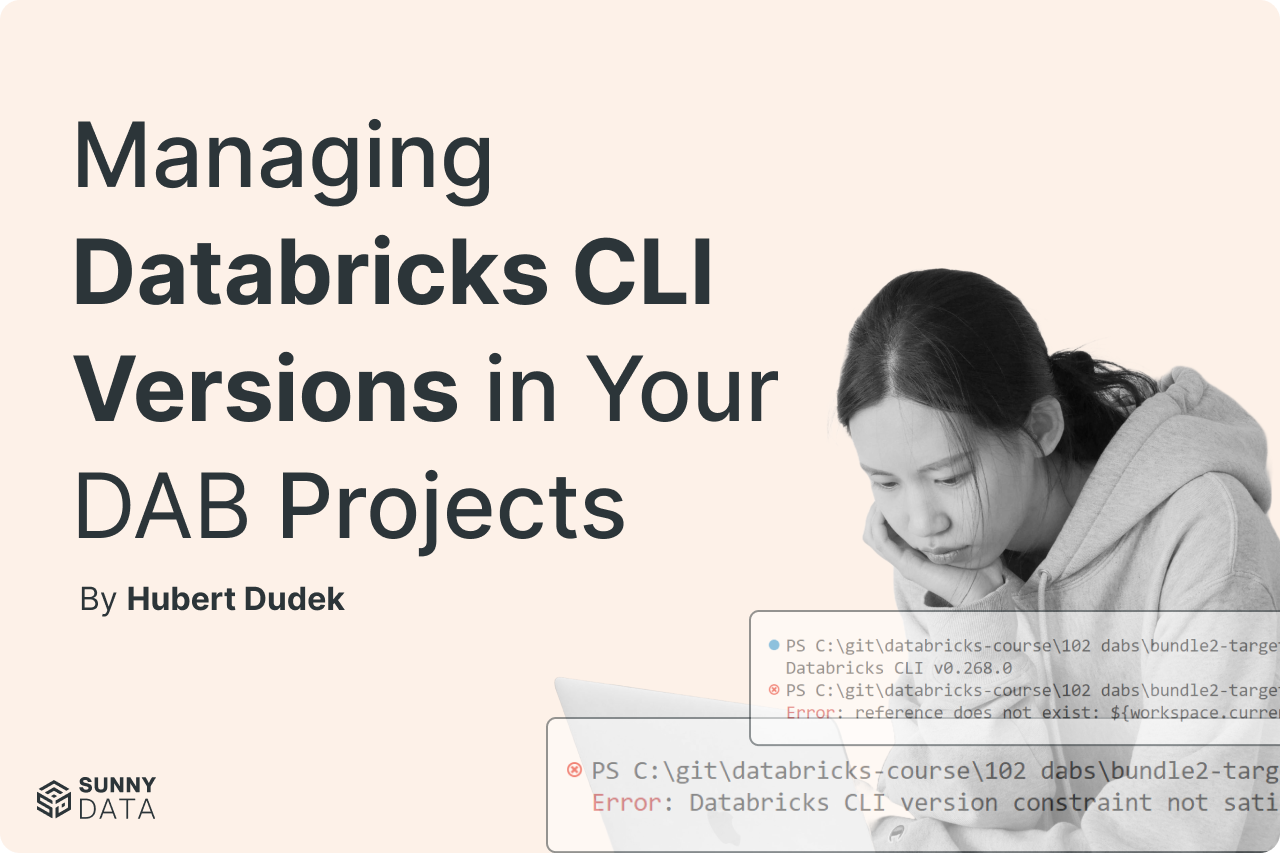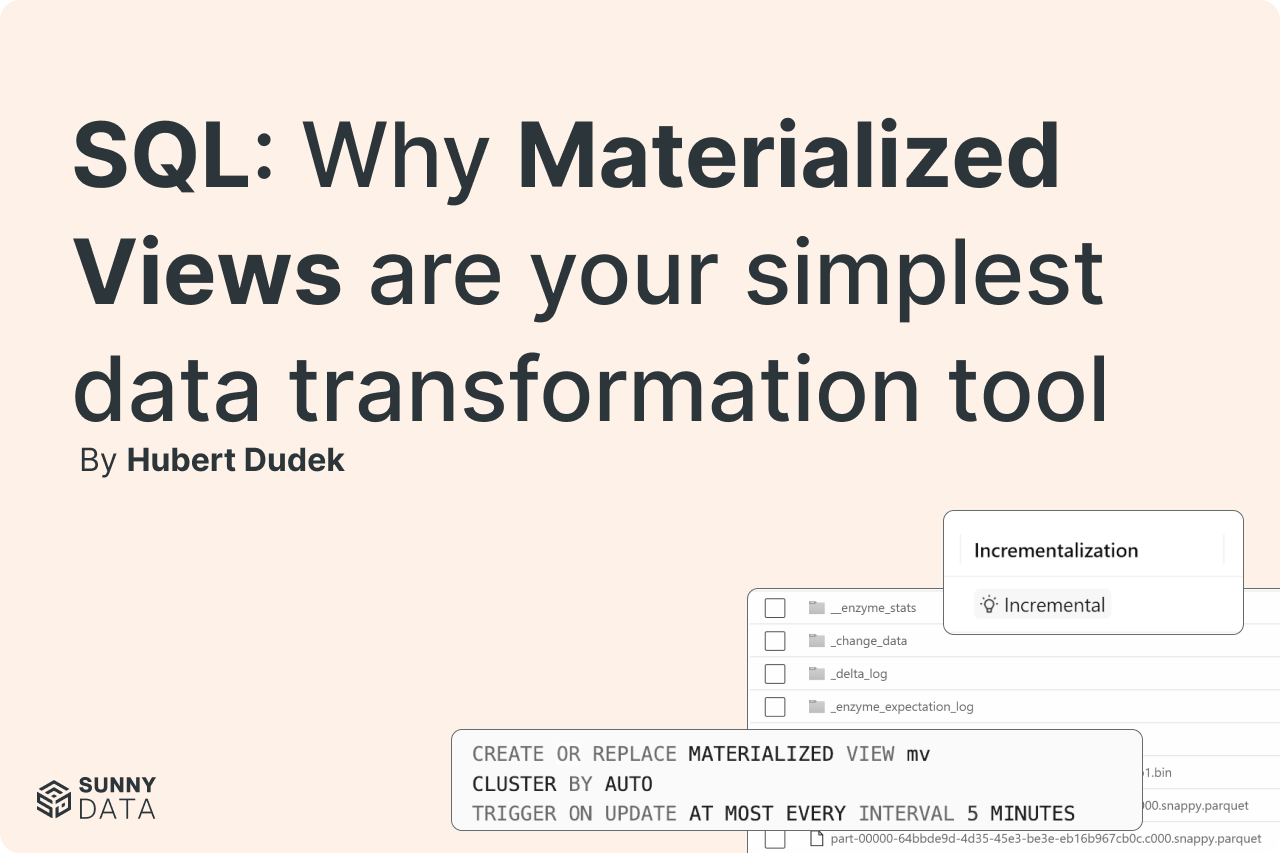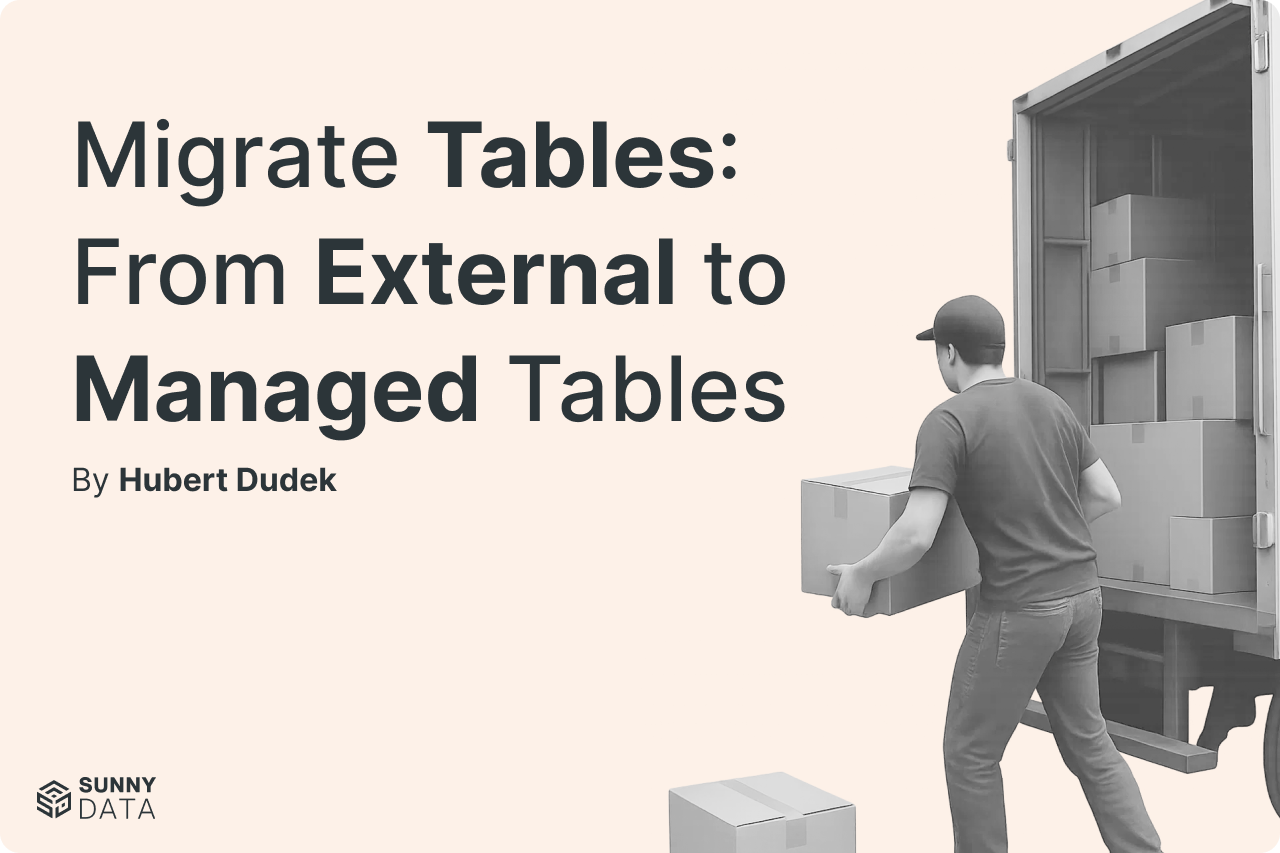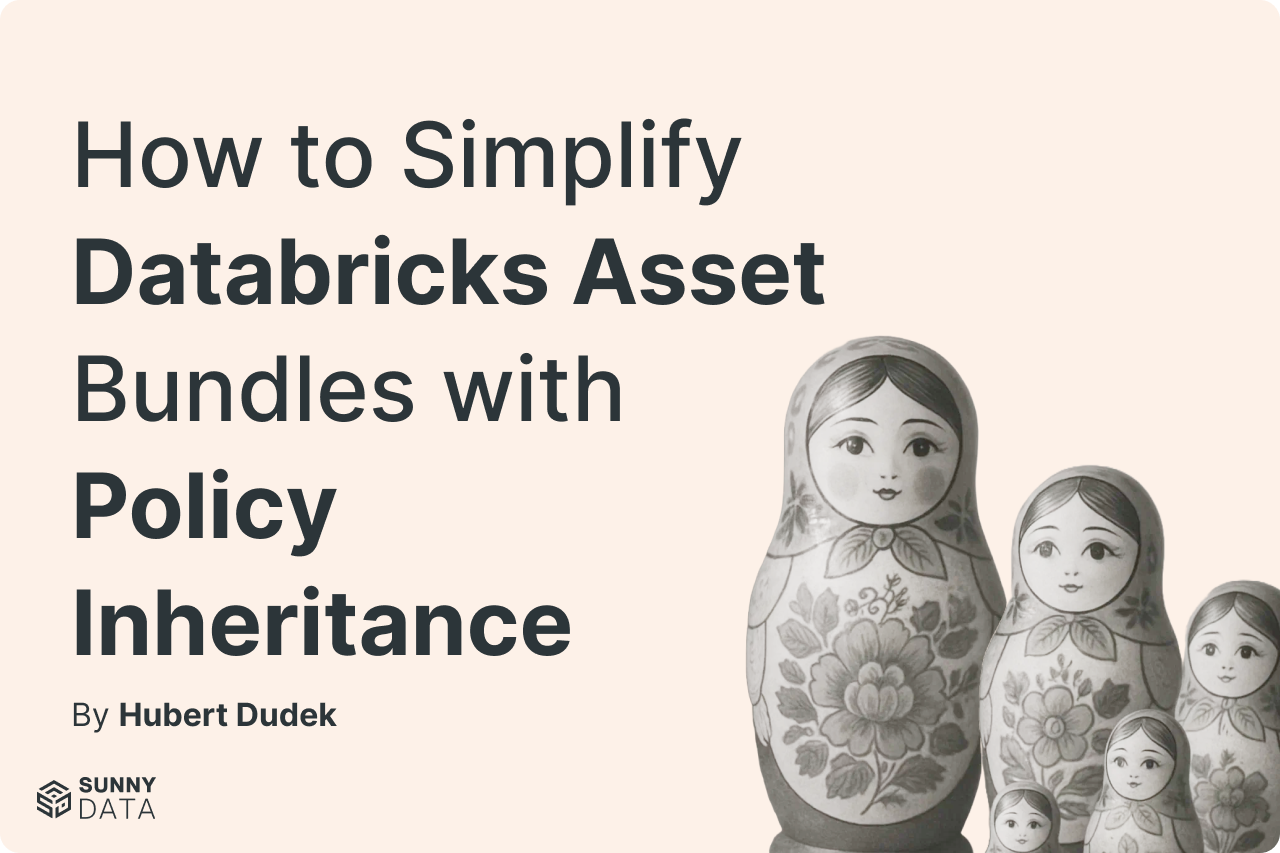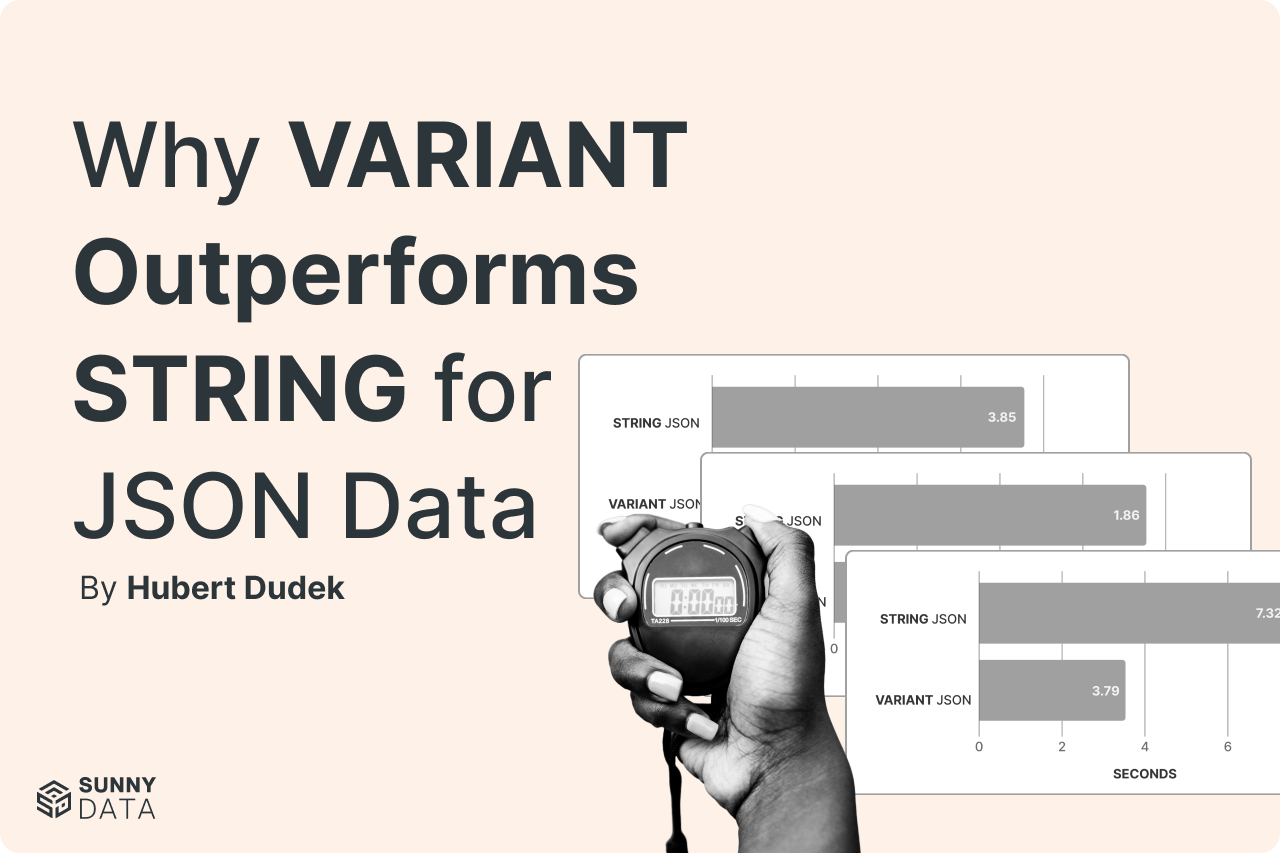Resources and insights
Our Blog
Explore insights and practical tips on mastering Databricks Data Intelligence Platform and the full spectrum of today's modern data ecosystem.
Temp Tables Are Here, and They're Going to Change How You Use SQL
Learn how temporary tables in Databricks SQL warehouses enable materialized data, DML operations, and session-scoped ETL workflows. Complete with practical examples.
95% of GenAI projects fail. How to become part of the 5%
MIT reports 95% of GenAI investments produce zero returns. Learn the 5 failure modes keeping AI projects stuck in pilot limbo and how to ship production AI.
Hidden Magic Commands in Databricks Notebooks
Discover 12 powerful Databricks notebook magic commands beyond %sql and %python. Learn shortcuts for file operations, performance testing, and debugging.
5 Reasons You Should Be Using LakeFlow Jobs as Your Default Orchestrator
External orchestrators can account for nearly 30% of Databricks’ job costs. Discover five compelling reasons why LakeFlow Jobs should be your default orchestration layer: from Infrastructure as Code to SQL-driven workflows.
Excel never dies (and neither does SharePoint)
Learn how Databricks' native Excel import handles multi-sheet workbooks, streaming autoloader, and SharePoint integration. Includes code examples.
Databricks Workflow Backfill
Use Databricks Workflow backfill jobs to reprocess historical data, recover from outages, and handle late-arriving data efficiently.
Lakebase: The best of both worlds
Lakebase brings transactional speed to Databricks analytics. Get single-record retrieval in milliseconds plus unlimited data processing in one platform.
DABs: Referencing Your Resources
Databricks bundle lookups failing with "does not exist" errors? Resource references solve timing issues and create strong dependencies. Complete guide with examples.
Managing Databricks CLI Versions in Your DAB Projects
Prevent Databricks deployment failures caused by CLI version conflicts. Step-by-step guide to version management in DAB projects with CI/CD automation.
SQL: Why Materialized Views Are Your Simplest Data Transformation Tool
Create cost-effective, incremental materialized views in Databricks SQL Warehouse. Includes monitoring tips, best practices, and Enzyme optimization.
Purpose for your All-Purpose Cluster
Learn how to configure Databricks all-purpose clusters to reject scheduled jobs, forcing teams to use cost-effective job clusters. Simple setup, big savings.
Migrate Tables: From External to Managed Tables
Migrate external tables to managed tables in Databricks Unity Catalog using ALTER TABLE SET MANAGED while maintaining business continuity.
How to Simplify Databricks Asset Bundles with Policy Inheritance
Learn how Databricks’ policy default values reduce Asset Bundle complexity. Centralize governance and eliminate repetitive cluster configurations.
Defining Table Relationships in Databricks Genie
Master data relationships in Databricks Genie with and without foreign keys. Complete guide to using Unity Catalog constraints and defining custom joins for better AI insights.
Why VARIANT Outperforms STRING for JSON Data
Check out how Databricks VARIANT outperforms STRING for JSON data with 22% better storage and up to 50% faster queries.


